8 Zinc-Rich Foods You Need in Your Diet
Advertisement
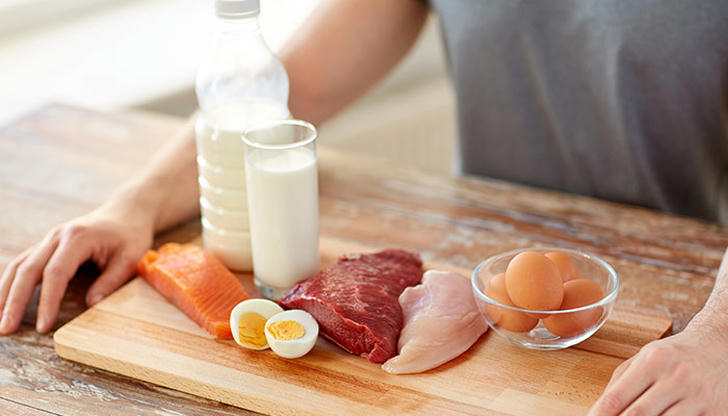
Zinc is an essential mineral that is required for optimal health. Getting enough zinc in your diet is crucial for maintaining a strong immune system, promoting wound healing, and supporting growth and development.
Despite its importance, many people may not be getting enough zinc in their diets. Here, we'll explore the top 8 zinc-rich foods that you need to incorporate into your diet.
Oysters
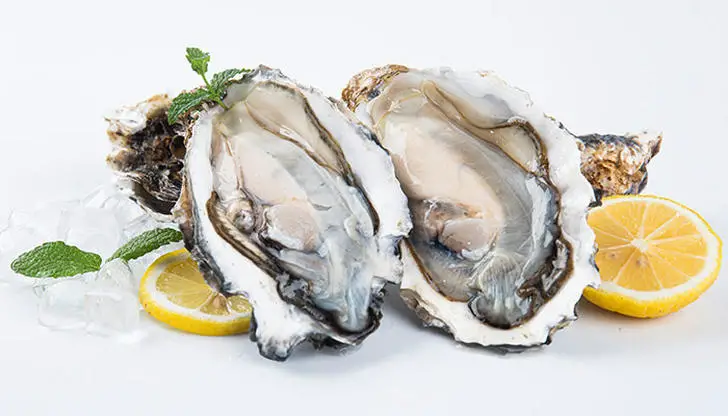
Oysters are one of the best sources of zinc, with one medium-sized oyster containing around 7 mg of zinc. This is more than the daily recommended intake for most adults. Oysters are also rich in other nutrients, such as vitamin B12, iron, and selenium.
You can make oysters Rockefeller in your daily life. This classic dish features oysters topped with a mixture of breadcrumbs, herbs, and butter, and then baked until golden brown.
Beef
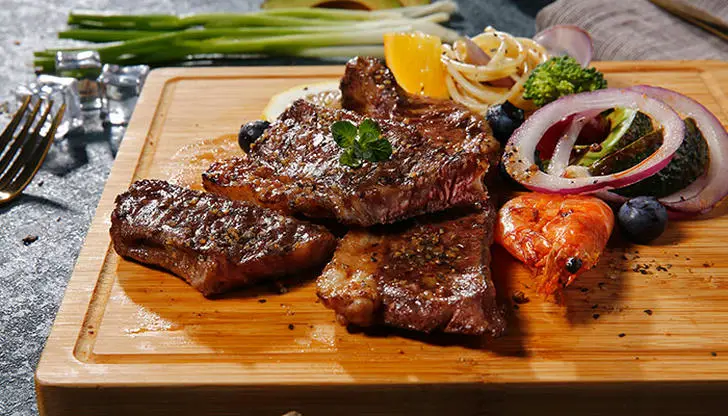
Beef is another excellent source of zinc, with a 3-ounce serving of cooked beef containing around 5-7 mg of zinc. Beef is also high in protein, iron, and vitamin B12.
Beef stir-fry is a very common dish. Stir-fry strips of beef with veggies such as broccoli, peppers, and onions for a quick and easy meal that is high in zinc.
Pumpkin Seeds
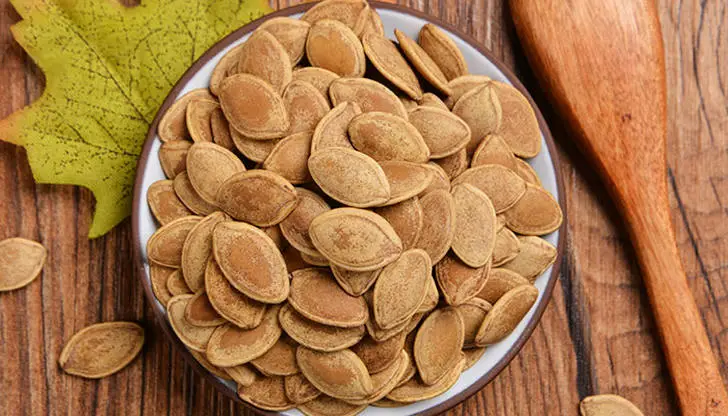
Pumpkin seeds are a tasty and nutritious snack that is also high in zinc. One ounce of pumpkin seeds contains around 2-3 mg of zinc, which is around 20-30% of the daily recommended intake for most adults. Pumpkin seeds are also high in other nutrients, such as magnesium, potassium, and healthy fats.
Here we’d like to introduce a dish called pumpkin seed pesto to you. Blend pumpkin seeds, garlic, basil, parmesan cheese, and olive oil to create a delicious and nutritious pesto that can be used as a pasta sauce or a dip for veggies.
Cashews
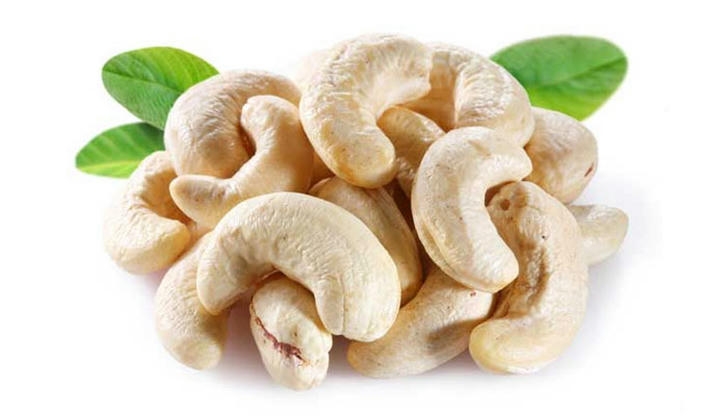
Cashews are a delicious and nutritious nut that is also high in zinc. One ounce of cashews contains around 1-2 mg of zinc, which is around 10-20 % of the daily recommended intake for most adults. Cashews are also high in other nutrients, such as magnesium, phosphorus, and healthy fats.
Cashew chicken curry is very easy to make. This flavorful curry features chicken, veggies, and cashews in a creamy coconut milk sauce.
Chickpeas
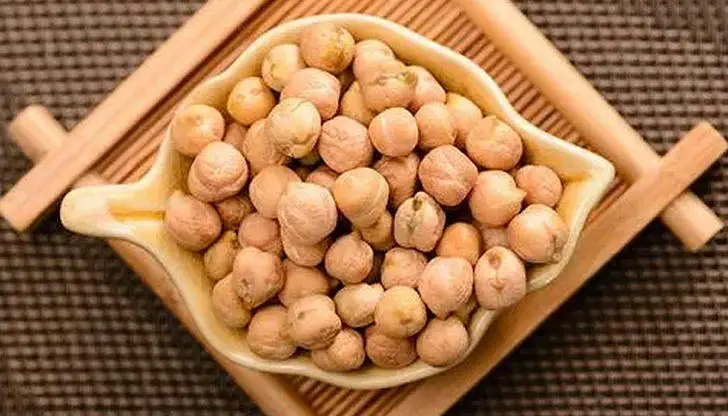
Chickpeas are another versatile and nutritious legume that is also high in zinc. One cup of cooked chickpeas contains around 2.5-3 mg of zinc, which is around 25-30% of the daily recommended intake for most adults. Chickpeas are also high in other nutrients, such as protein, fiber, and iron.
Chickpea salad is just mixing cooked chickpeas with chopped veggies such as tomatoes, cucumbers, and red onions for a healthy and filling salad.
Spinach
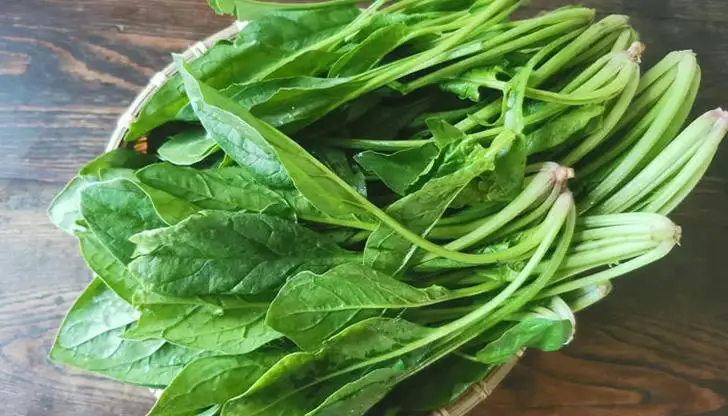
Spinach is a nutrient-dense leafy green that is also high in zinc. One cup of cooked spinach contains around 1-2 mg of zinc, which is around 10-20% of the daily recommended intake for most adults. Spinach is also high in other nutrients, such as vitamin A, vitamin C, and iron.
A spinach and mushroom frittata is a simple breakfast dish that combines sautéed spinach and mushrooms with eggs and cheese.
Mushrooms
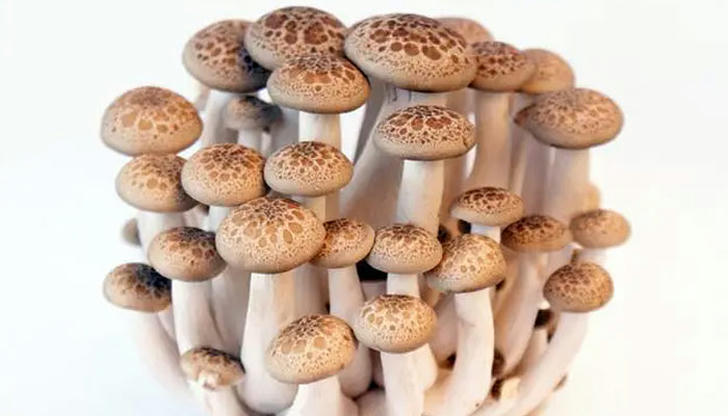
Mushrooms are a delicious and nutritious food that is also high in zinc. One cup of cooked mushrooms contains around 1-2 mg of zinc, which is around 10-20% of the daily recommended intake for most adults. Mushrooms are also high in other nutrients, such as vitamin D, potassium, and antioxidants.
Mushroom risotto is the best choice for your diet. This creamy and comforting dish features Arborio rice cooked with mushrooms, white wine, and vegetable broth.
Dark Chocolate
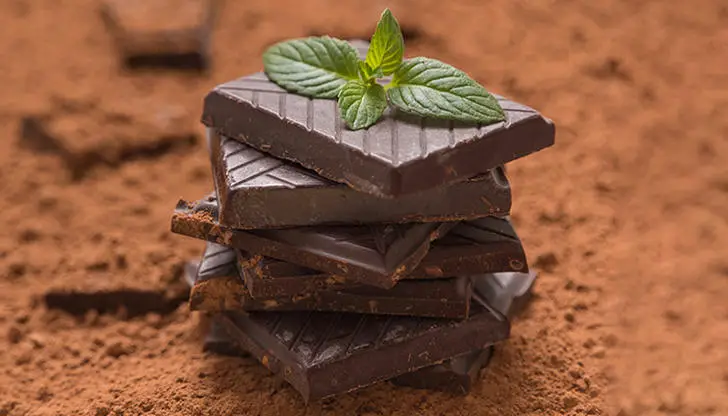
Dark chocolate is a delicious and healthy treat that is also high in zinc. One ounce of dark chocolate contains around 0.9 -1 mg of zinc, which is around 10% of the daily recommended intake for most adults. Dark chocolate is also high in other nutrients, such as antioxidants and healthy fats.
To make dark chocolate bark, you need to melt the chocolate and sprinkle it with pumpkin seeds, chopped cashews, and sea salt for a delicious and healthy snack.
Potential Risks of Consuming Too Much Zinc
While getting enough zinc is important for optimal health, consuming too much zinc can be harmful. High doses of zinc can cause symptoms such as nausea, vomiting, and diarrhea. Chronic high doses of zinc can lead to copper deficiency, which can cause anemia and other health problems. It's important to stick to the recommended daily intake of zinc, which is 8 -11 mg for most adults.
In summary, eating at least one serving of zinc-rich food per day, such as oysters, beef, pumpkin seeds, or chickpeas, ensures that you are getting enough zinc. And remember to stick to the recommended daily intake of zinc to avoid the potential risks of consuming too much.
Of course, if you are a vegetarian or vegan, you can focus on eating legumes, nuts and seeds, whole grains, and vegetables that are high in zinc. You can also track your intake by using a food diary or a nutrition app to ensure that you are meeting your daily zinc requirements.



